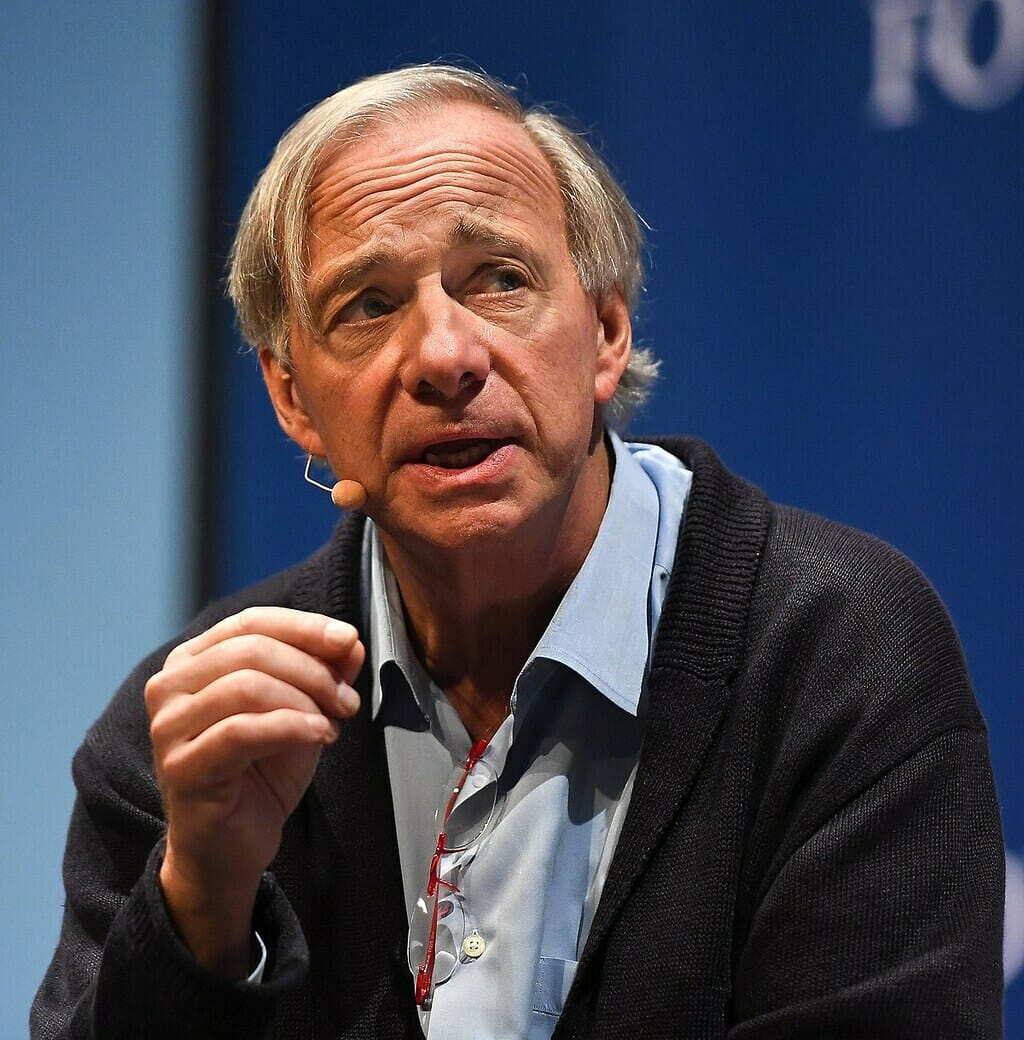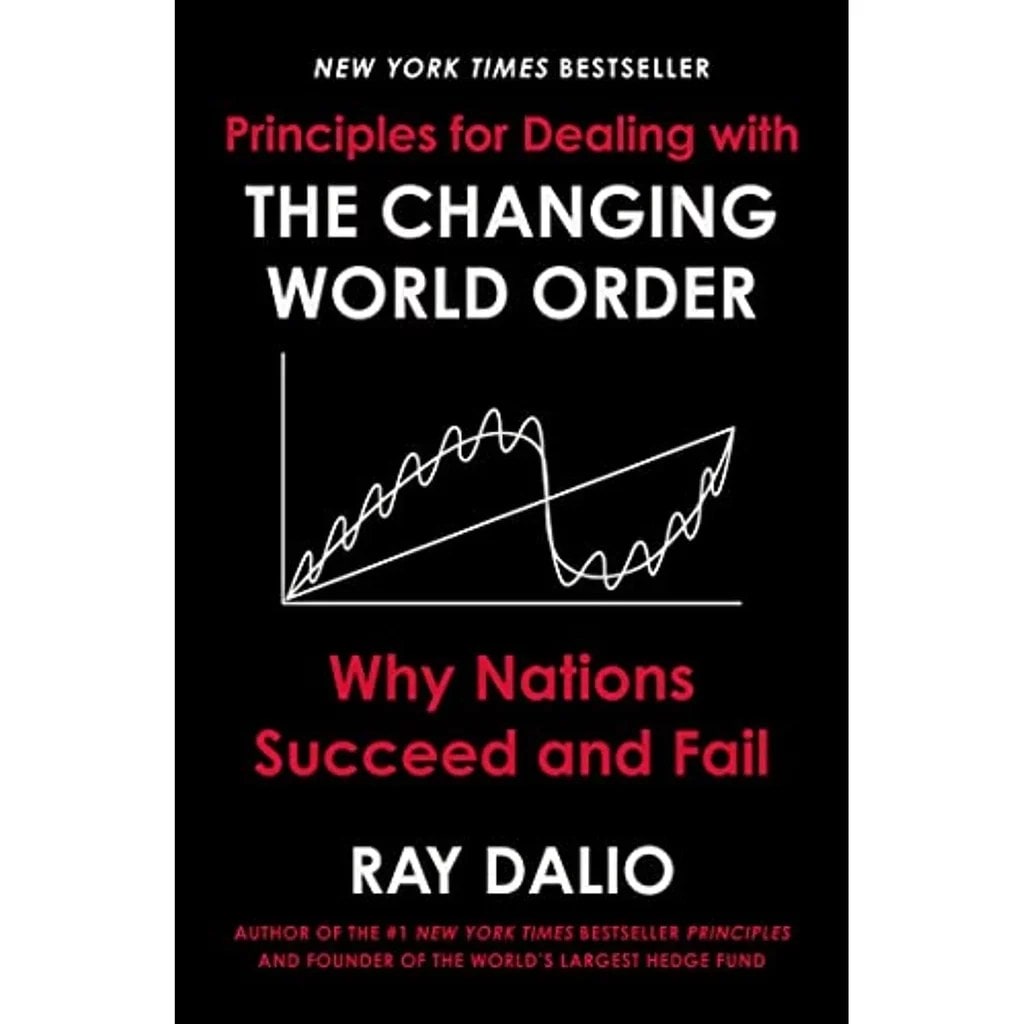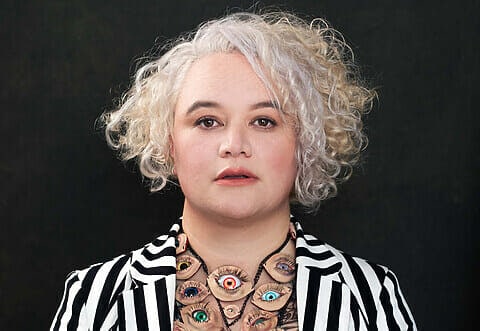Ray Dalio is an American billionaire and one of the most famous investors and hedge fund managers in the world. He has gained notoriety for multiple reasons. He’s popularised many key investment practices and has an extremely extensive and impressive educational background (being a Harvard Business School alum in the 70’s), but also started the world’s largest fund at the time – Bridgewater. Since Dalio’s inception of Bridgewater in 1975, it has grown into the 5th most important private company in the USA according to Fortune Magazine.
Dalio also discovered a set of unique principles that really contributed to and elevated how effective Bridgewater’s culture was. He explains this as “an idea of meritocracy that strives to achieve meaningful work and meaningful relationships through radical transparency”.
Dalio has authored numerous books such as “Principles for Dealing With The Changing World Order”, “Principles For Success,” “Summary of Work: Life and Principles” and “Principles of Navigating Big Debt Crisis” to name just a few. WIth over 500 principles, Dalio is a knowledgeable man who is willing to share what has allowed him to reach success.
I’m here to unpack some of the principles I thought to be extremely effective from the 2005 New York Times Best-Seller “Principles For Success.” This book is actually a condensed version of “Principles: Life & Work” in an easy-to-read comic-like format to ensure accessibility to readers of all ages, and many reviews have honed in on the fact that in this case, a picture really was worth 1000 words. In addition, on his principles website, Dalio also has a YouTube mini-series for those of us with a short attention span!

Dalio believes that principles are fundamental to living a well thought out life because they connect your values to your actions. They “act as beacons that guide your actions.” For example, if you value living healthily, your guiding principles in that case may be to ensure you exercise at least 3 times a week and don’t eat sugar until the weekend.
His first and most important principles are to determine what you want and have the courage to get there. He notes that having a predetermined approach, and determination/courage to actually do it will always get you further. He makes a great point that what you want is always up to you and at the mercy of your decision making. There will always be conflicting wants in life which means that it’s up to you to prioritise well and make clear decisions on what you choose to go after. This leads into the next principle that the quality of your decision making will determine the quality of your life. If you feel that you have meaningful work (you are doing what you love) and have meaningful relationships (close personal connections with the people around you) then life will always feel more fulfilled. As the book is told anecdotally, the point is really honed in on that you should only do things and be around people that you love and are passionate about.
Reflecting on your past and any mistakes or problems you’ve encountered will always end up with progress in life. When reflecting, and progressing, Dalio reinforces that it’s pertinent to not let your ego become a barrier which stands in your way.
His most defined principle is that of being radically truthful and transparent. This is his most well-known principle and one that resonates with me as being radically transparent about everything in your life (including mistakes and weaknesses) ultimately creates the internal dialogue and understanding that leads to improvements. Although Dalio acknowledges that there are cons to acting in such a way, on balance the positives outweigh the negatives in that it is fundamental to you having more merit. He believes that having integrity will make you demand it from others, and will foster an environment both in the workplace and in your relationships where everyone feels they have the right to understand and ask questions. He also believes that this mutually reinforces the meaningful work and relationships that you have as the most meaningful relationships are achieved when you can be open, hold each other accountable and learn together.
To leave you with a quote from the book that I found especially impactful: “There is nothing better than to be on a shared mission with people you care about who can be radically truthful and radically transparent with each other.”









